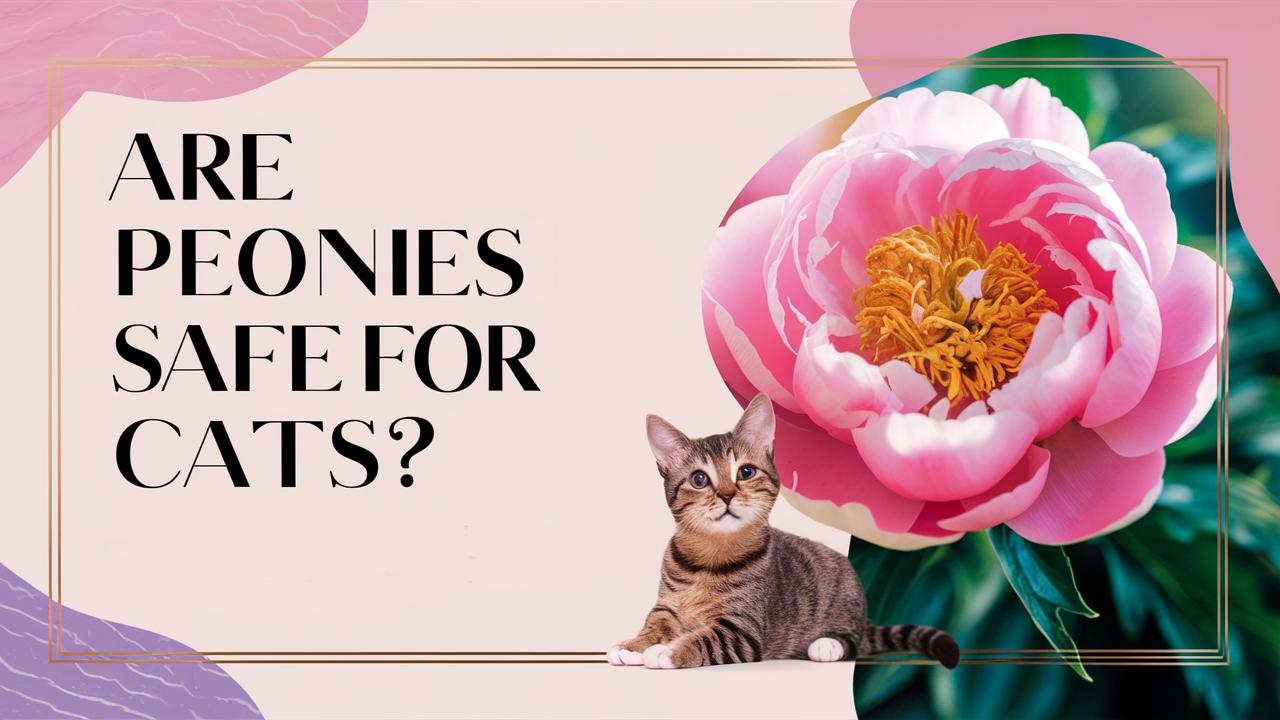This article will take an in-depth look at peonies, their components, and their safety in relation to cats.
The Toxicity of Peonies
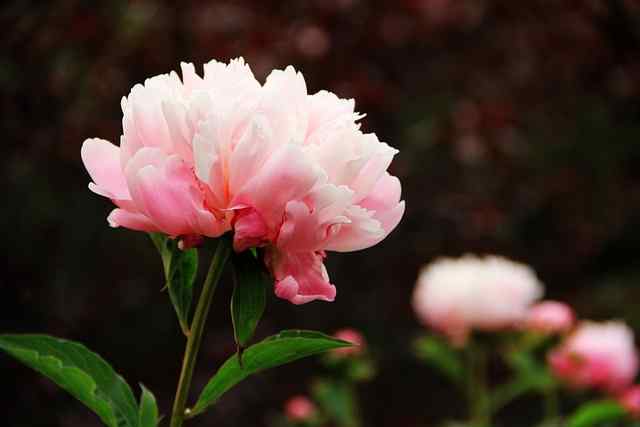
While many plants can be harmful to pets, peonies are often considered relatively non-toxic to cats. However, this doesn’t mean that you should overlook them. The primary active component found in peonies is paeonol, a phenolic compound that can pose risks to cats, particularly if consumed in large quantities.
When ingested, while the likelihood of severe reactions in cats is low, some gastrointestinal discomforts may occur. Symptoms can include vomiting, diarrhea, or general lethargy. It’s crucial to ensure that your feline friends do not chew on or consume large amounts of these flowers or their leaves.
Pet owners should always be cautious and vigilant, even with plants that are deemed non-toxic. Each cat is unique, and individual sensitivities to certain substances can vary.
Signs of Potential Toxicity
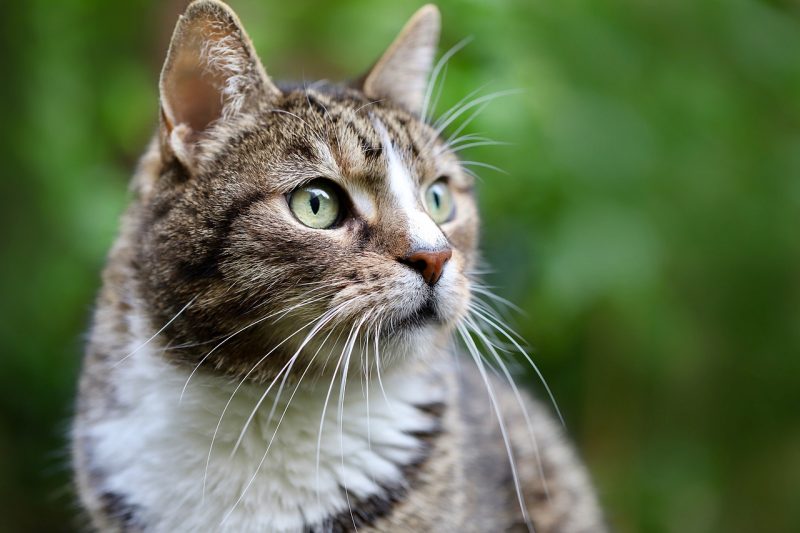
When considering whether to introduce peonies to your home or garden, knowing the signs of potential toxicity is essential. Cats might display various symptoms if they contact or ingest a plant that negatively affects them. Symptoms of an adverse reaction may include:
Vomiting: If your cat has eaten peony parts, they may regurgitate what they have consumed. This symptom can range from mild to severe.
Diarrhea: An upset stomach can lead to loose stools or diarrhea, as the digestive system reacts to the foreign plant material.
Lethargy: General tiredness or lack of interest in normal activities may indicate discomfort or distress.
Loss of Appetite: If your cat shows a sudden disinterest in food, this can be an essential warning sign.
Salivation: Excessive drooling or salivating can also occur if your cat has ingested something irritating.
If your cat exhibits any of these signs, especially after potentially consuming a peony, it’s advisable to consult with a veterinarian. Early intervention can prevent a more severe health issue.
Safe Gardening Practices for Cat Owners
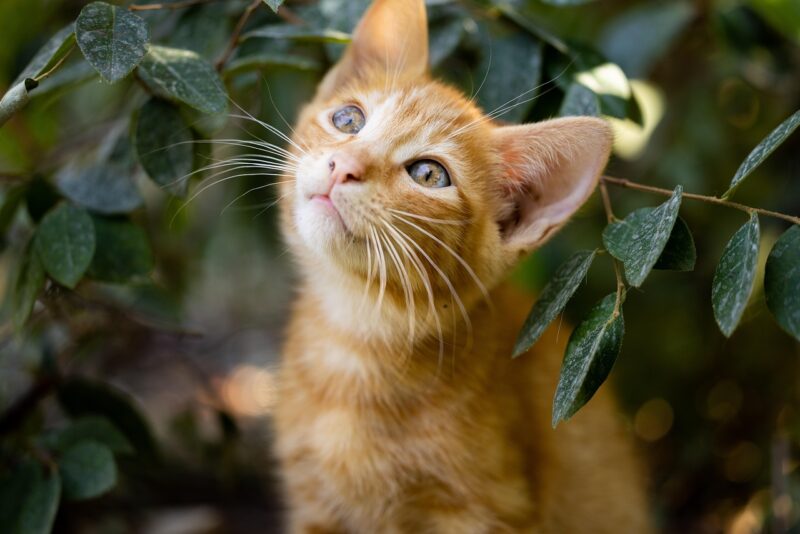
For those who love gardening and want to keep their homes cat-friendly, there are several practices you can adopt to ensure a safe environment. If you’re considering planting peonies in your garden, here are some tips to follow:
Fenced Gardens: Consider fencing off your garden area to prevent your cats from wandering into zones where they might nibble on plants.
Supervised Exploration: If you allow your cat to explore outdoor spaces, supervise them to ensure they don’t consume anything harmful.
Create a Cat-Friendly Space: Designate a specific area in your garden with cat-safe plants. Herbs like catnip or cat grass can attract them away from potentially toxic blooms like peonies.
Educate Households: If you live with other family members or roommates, ensure everyone understands which plants are safe and which aren’t. Promoting awareness can help keep your cat safe from accidental ingestion.
Use Non-Toxic Pest Control: If you’re treating your plants for pests, opt for non-toxic solutions, as some chemicals can harm your cat if ingested.
Monitor Plant Health: Check your plants regularly for signs of disease or distress. A sick plant may emit unusual scents or produce substances that can attract curious cats.
Indoor Safety Measures
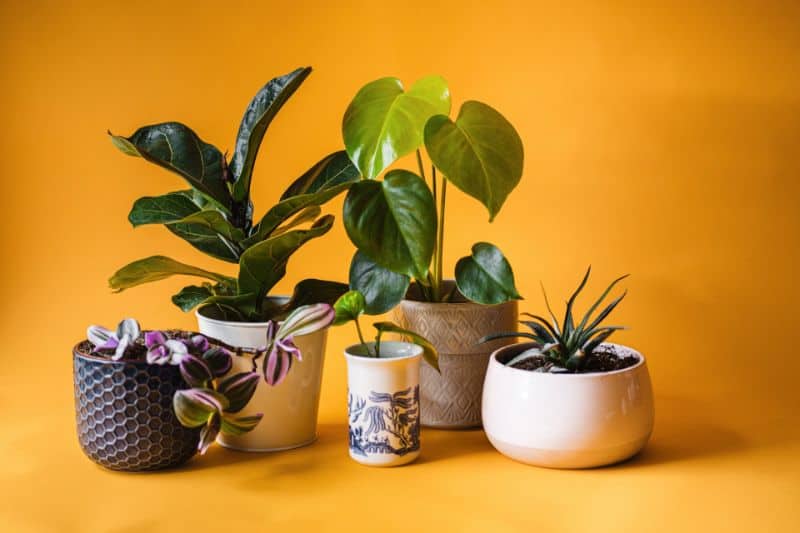
If you have an indoor cat, there are additional measures you can take to ensure their safety regarding peonies and other plants:
Placement Away from Reach: Keep all houseplants, including any potential peonies used in floral displays, out of your cat’s reach. High shelves or hanging planters can be effective solutions.
Educate on Plant Use: If you must bring peonies inside as cut flowers, ensure they’re placed in a room where your cat doesn’t have access. Always monitor your cat’s behavior around new plants or flowers.
Keep a Close Eye: If in doubt, observe your feline’s behavior closely. If they show interest in a peony, redirect their attention to approved toys or activities.
Emergency Plan: Have the number of your local veterinary clinic, as well as any nearby animal poison control centers, on hand. In case of an emergency, prompt action is essential.
Alternatives to Peonies
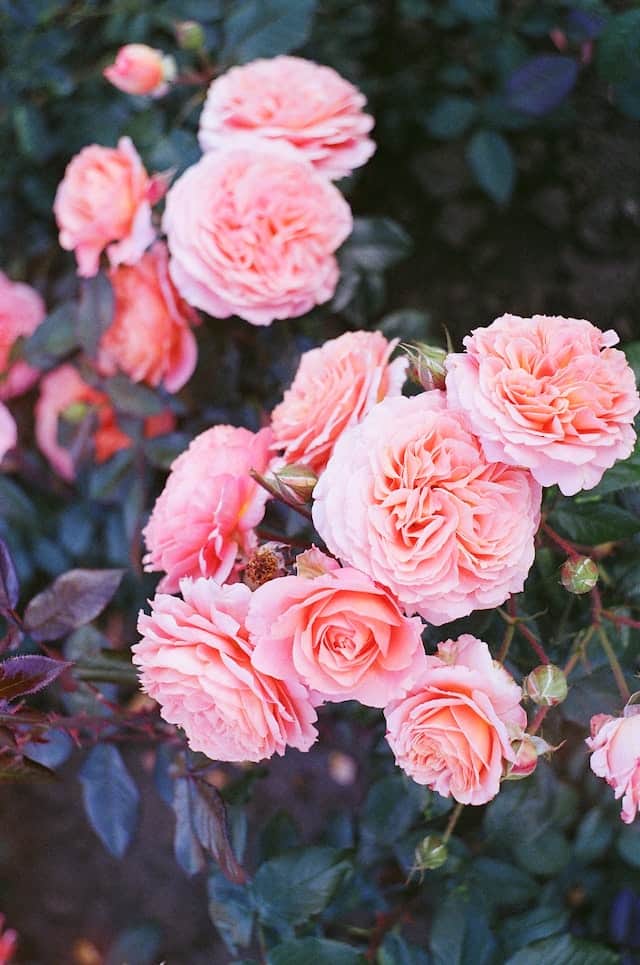
If you’re still concerned about the potential risks associated with peonies, you might want to consider alternative plants that are known to be safe for cats. Some beautiful and non-toxic flowers to explore include:
Roses: While thorns can be an issue, the blooms themselves are safe for cats and add elegance to any space.
Sunflowers: Bright and cheerful, sunflowers are a great cat-friendly option that can bring joy to your home.
Gerbera Daisies: These vibrant flowers are not only safe but can also brighten any room.
Spider Plants: Known for their air-purifying properties, they are non-toxic and can withstand some minor cat interaction.
Bamboo Palm: For a touch of greenery, the bamboo palm makes a lovely plant that’s safe for curiosity-driven cats.
By opting for safer alternatives, you can enjoy the beauty of nature while also providing a secure environment for your feline friend.
Summary:
In summary, peonies are not among the safest plants for cats. While they are generally considered non-toxic, the active component paeonol presents some risks, particularly when larger amounts are ingested. As a cat owner, your main priority should always be the health and safety of your feline companions.


